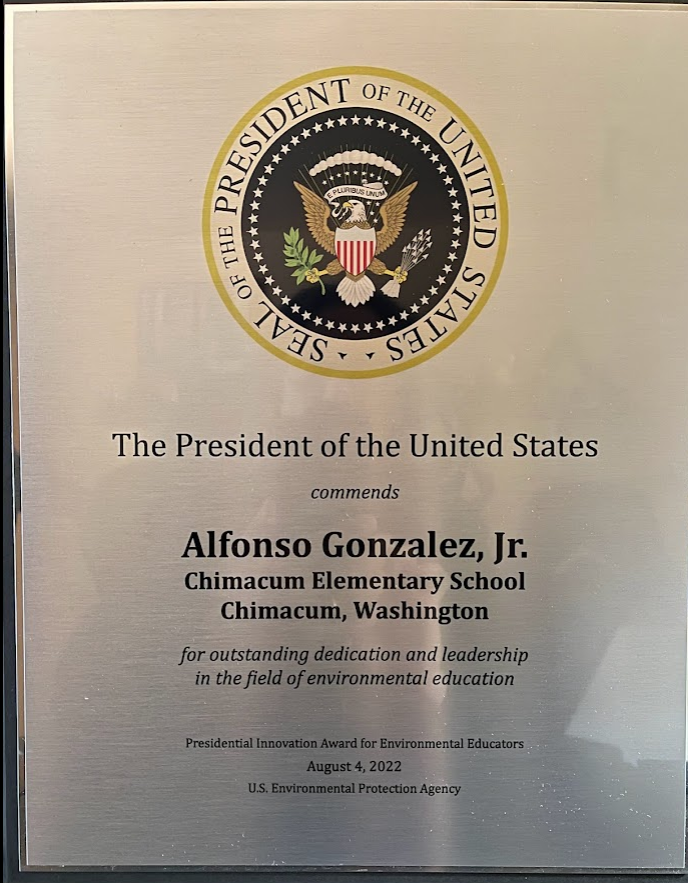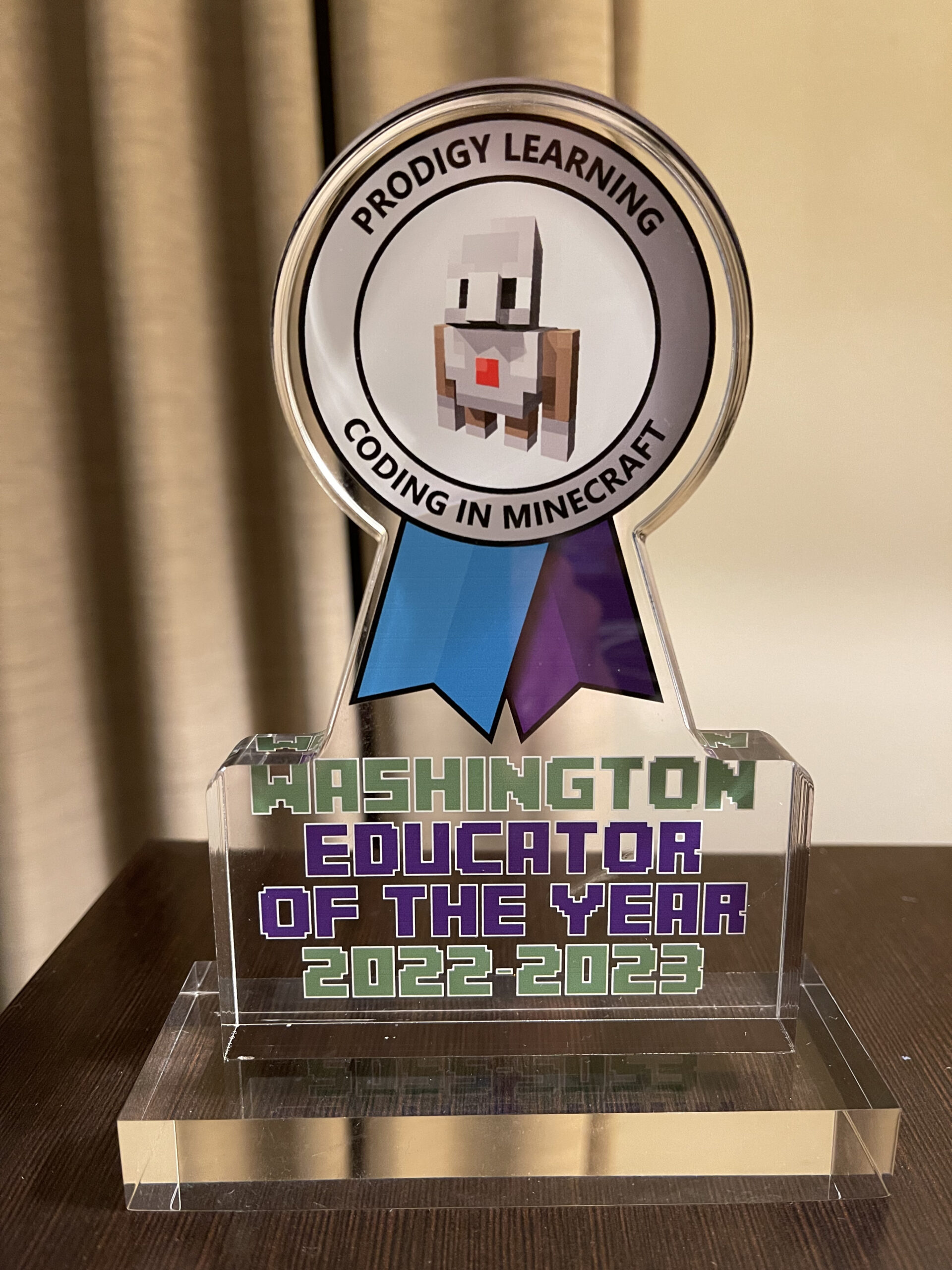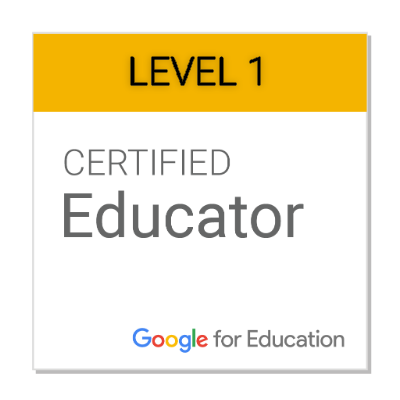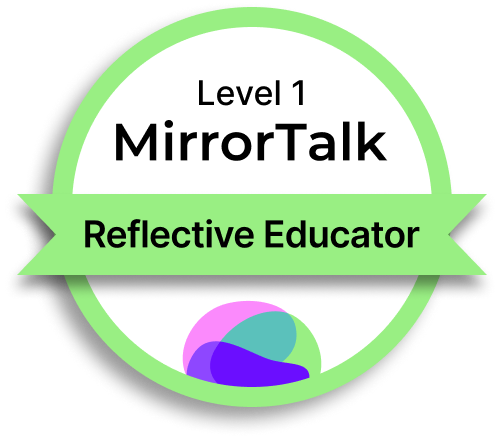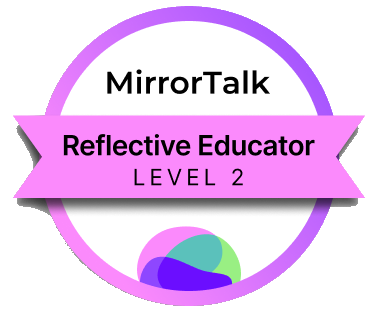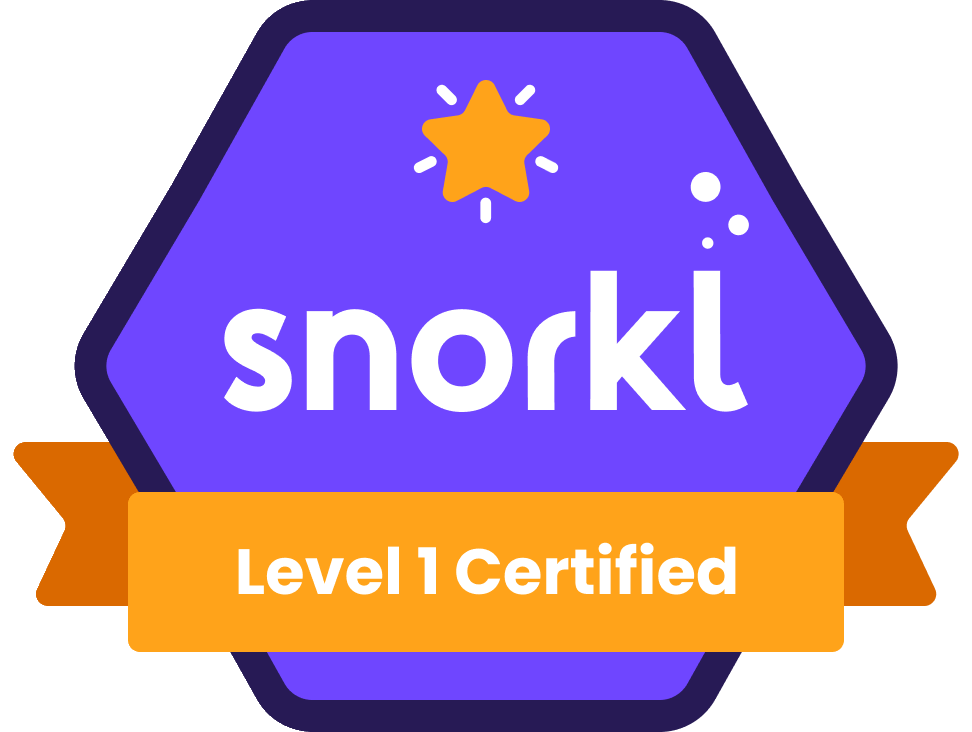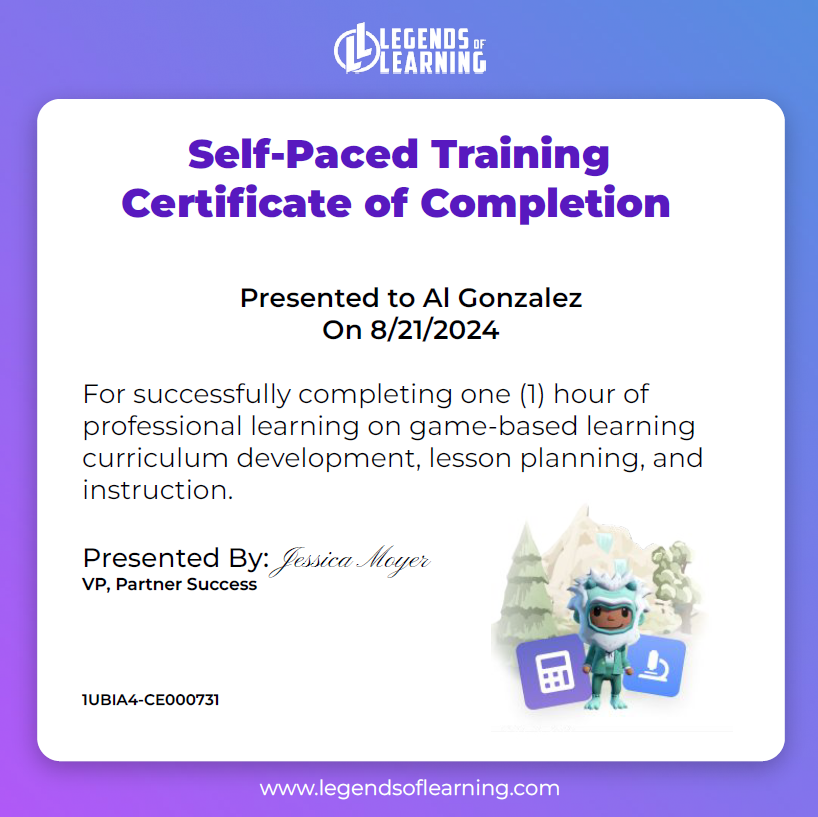 Public schools exist to ensure that everyone has an opportunity for an education. An education is supposed to be the equalizer that prepares everyone to achieve their American Dream. Whether your dream is to open your own business, be a doctor, a lawyer, a football star, a baseball star, an actor, a famous musician, or even a teacher having the skills to be able to work for your dream is something schools, I think, are honestly trying to provide. I know that as a teacher that is what I am working to do for my students. To help them gain whatever skills will help them achieve their dreams.
Public schools exist to ensure that everyone has an opportunity for an education. An education is supposed to be the equalizer that prepares everyone to achieve their American Dream. Whether your dream is to open your own business, be a doctor, a lawyer, a football star, a baseball star, an actor, a famous musician, or even a teacher having the skills to be able to work for your dream is something schools, I think, are honestly trying to provide. I know that as a teacher that is what I am working to do for my students. To help them gain whatever skills will help them achieve their dreams.
Because schools serve a wide variety of people inherently there will be those that are happy with the system, those who are okay with it, those who don’t care or are too busy, those who aren’t happy with it, and those who hate it. For those who are happy with the system or just okay with it normal communication channels work fine. I think those are families that read school newsletters and maybe even check the website from time to time. Those that don’t care or are too busy may not need to or want to communicate with the school. But what do those who hate the school or find things they don’t like?
Schools do so many things that there will be those who don’t like something we do. How should they deal with the school? I recently joined a Facebook group called The Student Union started by an incredible young person, Adora Svitak. It is a place where students can go to have a voice. The Student Union was created because students feel that in schools they don’t have a voice. Parents and community members might feel that way at times too. So what do you do when you have an issue with something that is happening or happened at school? I read a response someone wrote at The Student Union that I found quite helpful.
- Make an appointment with a teacher (this could be the teacher who is responsible for the issue or it could just be a teacher that you are comfortable approaching). Sometimes teachers know something that will help or the teacher can share the concern with the rest of the staff at a faculty meeting or something like that.
- You can make an appointment to speak with the school counselor. This could be if step one didn’t resolve the issue or if the teacher didn’t know how to help or you could start here.
- At our middle and high school we have advisories. If you don’t want to try either of the above why not bring up your issues or concerns at advisory where your group could brainstorm ideas to deal with your concern? That’s what advisories are for? (This one is mainly for students.)
- You can make an appointment with the assistant principal.
- You can make an appointment with the principal.
- If none of the above help then you could bring your concern up at a school board meeting. The superintendent is always there too. Email your district office to get your concern added to the agenda or you can sign up to be on the agenda when you show up to a meeting.
One of the above six avenues should help parents and families and community members and, yes, students, with concerns they may have. Hopefully, having concerns heard will help all of a school’s constituents. If it’s an issue that doesn’t affect the majority of those in the school in a negative way then major changes probably won’t happen but at least you got your concern heard. And remember, even if major, sweeping changes don’t happen right away or not at all you can still request changes for you or your child.
One way I’ve heard some in our community of dealing with things that our schools do that they don’t like for one reason or another is to choose to vote no on our levies and bonds. Voting to pass a school levy is how we can help our neighborhood schools, by paying taxes on property we own. Chimacum Schools have a replacement levy up for vote this Valentine’s Day, February 14. This is a six year levy that will pay for so many much needed repairs to our buildings. Heaters that are so old parts can only be found on eBay if we’re lucky. A phone system where long distance calls cannot be made from classrooms and where teachers don’t have a voicemail. Roofs that are no longer repairable so need to be replaced. And the list goes on.
So here’s where I am completely at a loss, not only as a teacher but as a tax payer and property owner in my school’s district. How does voting no to keep our children warm, comfortable and safe help? First of all, the school district won’t have any idea who voted no and they certainly won’t know why they voted no. So, and this is just my personal opinion, if you care about children and our future and you can afford it you should vote yes on school levies and bonds. And if a school does something that you don’t like or don’t agree with try one of above six ideas to have your concerns heard.
So I hope that for our kids sake and those kids who will be in our schools for years to come that we pass our levy tomorrow. They deserve a safe, warm place to work and learn in.

